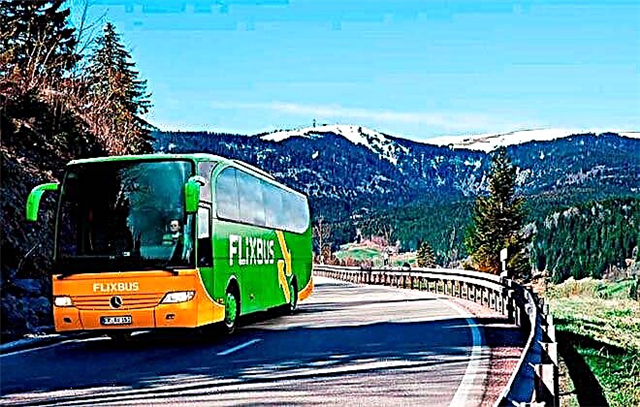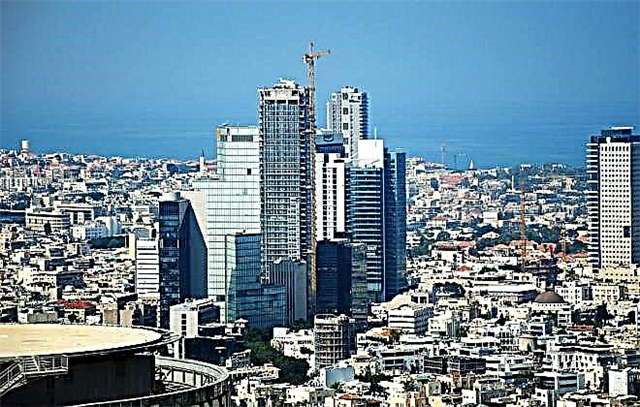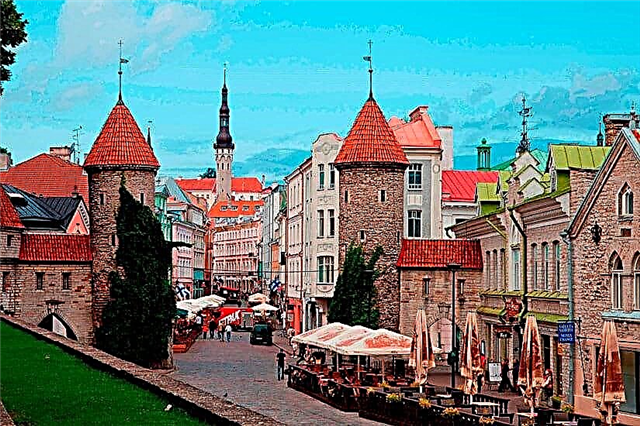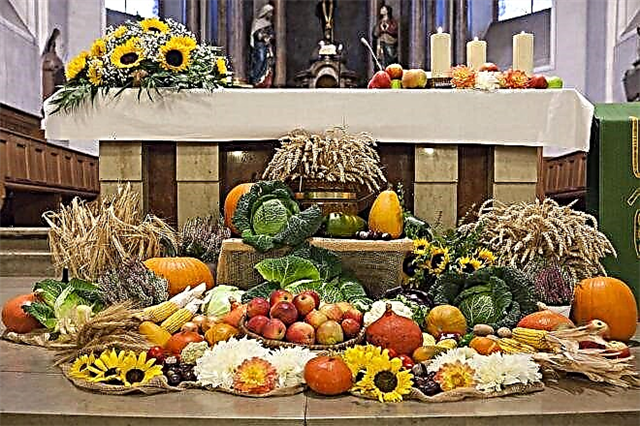The harvest festival in Germany or Erntedankfest is one of the most revered by the Germans. Although the traditions of the celebration have changed greatly over the years, but, like a thousand years ago, people present to God a part of the harvest gathered during the summer as a sign of the end of the season of hard work.

History of the holiday
Erntedankfest, which literally translates as "thanksgiving", began to be celebrated in pre-Christian times. On this day, the peasants tried to appease the special spirit of the harvest. It was believed that such a ceremony would help grow grain and vegetables, and bad weather would not affect the harvest itself.
Starting from the III century, the holiday began to be celebrated in the Roman Catholic Church, and from 1773, by decree of the Prussian king, the Thanksgiving festival began to be held in Prussia. In 1972, the Catholic Church in Germany officially decreed that the Erntedankfest would be celebrated on the first Sunday in October.
Holiday script
Each parish of the Evangelical Church has its own date for the celebration. It can be either the first Sunday after September 29th, Michaelstag Day, or the first Sunday in October. However, this holiday should not be confused with another famous German festival, Kirmes, which takes place on the third Sunday in October.
As befits a religious holiday, Erntedankfest is celebrated at the church.
In the morning, a service is held, where people thank the Almighty for helping to grow and reap the harvest. Before the service, the church is decorated with large wreaths made of ears of wheat from the last collected sheaf and the fruits of the new harvest. Fruits, vegetables, herbs and grains are laid out in front of the altar. According to tradition, after consecration, they are distributed to parishioners and all those in need.
Further, the celebration is transferred to the streets of villages and cities. During the holiday, an agricultural exhibition is organized, where you can see the largest and highest quality fruits of the harvest for the year. Throughout the day, guests enjoy local delicacies, drink beer and dance a traditional German dance.
Many homes host festive family dinners.
In the evening, children, dressed in national costumes, participate in the Laterneumzuge lantern and torch parade, and the Thanksgiving holiday ends with colorful fireworks.

Features of Erntedankfest
First of all, the German Erntedankfest is a village holiday that has its own characteristics in each region. So, in the lands of Mecklenburg-Vorpommern, the last ears of wheat from the field are turned into a figure called Der Alte, which is carried during a solemn procession.
In the lands of Bavaria, cattle are driven from alpine meadows on this day. The spectacle is quite interesting: in front of the herd, the most beautiful cow is led, which is decorated with a loud bell, and the rest of the animals follow. They are decorated with mountain flowers, green twigs and ribbons.
In wine regions, the harvest festival is associated with the end of the grape harvest and is called Winzerfest.
In addition to offering God the Erntekrone crown of harvest, many communities during the thanksgiving procession choose a harvest queen who wears the Erntekönigin, a wheat wreath on her head, throughout the festival.

How to get to the celebration
To participate in the Erntedankfest, it is enough to be in Germany during the festival period. In 2021, the holiday is scheduled for October 7th.
If you don't want to go to the morning service, you can visit the street festival, because the celebration will continue throughout the day.
Conclusion
Although harvesting today is mostly done with agricultural machinery, people still celebrate this holiday. First and foremost, the Erntedankfest for Germans is a way to thank God for the gifts of the land and end the season of hard work.
Harvest Festival in Germany is celebrated annually on the first Sunday in October, but each parish of the church has its own date.
Travelers who are not indifferent to the culture of Germany will find it interesting to visit this wonderful national holiday.











